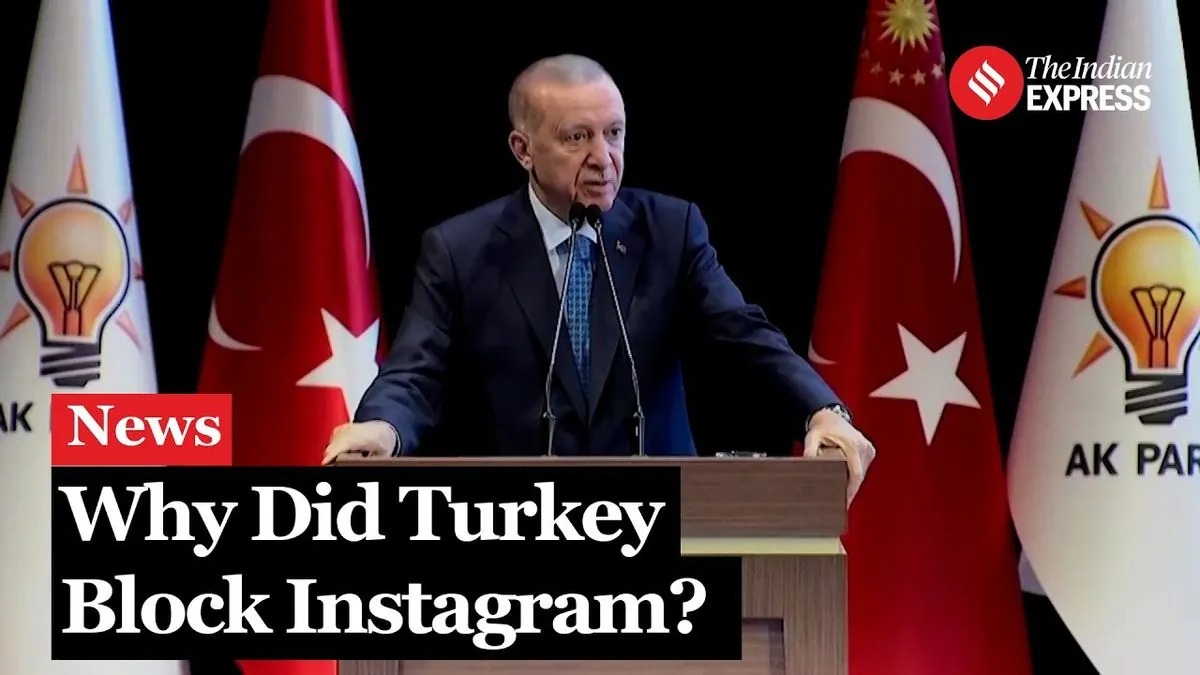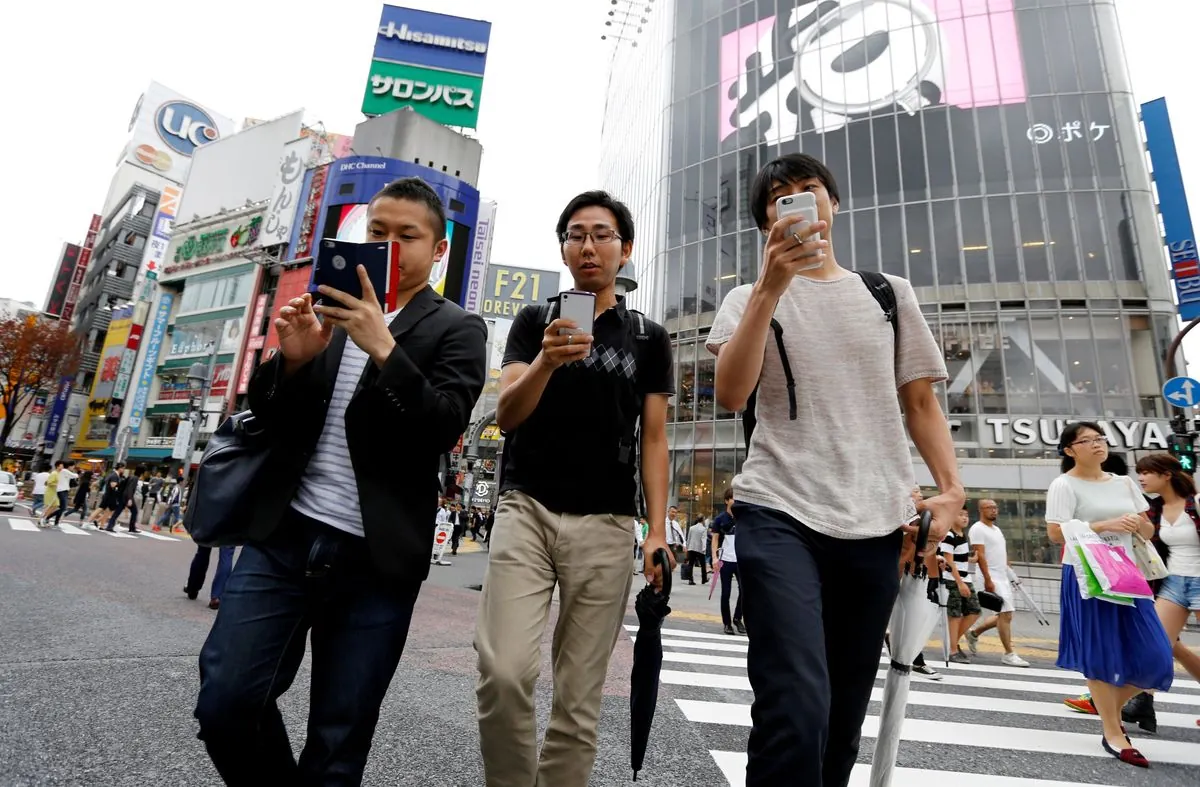Turkey Restricts Instagram Access Over Compliance Issues
Turkey blocks Instagram for non-compliance with local laws. Government cites concerns over blocked condolence posts for Hamas leader. Meta yet to comment on the situation.

Two days ago, Turkish authorities implemented a restriction on Instagram access within the country. This action follows the platform's alleged failure to adhere to Turkey's legal framework and societal norms.
Abdulkadir Uraloglu, Turkey's Transportation and Infrastructure Minister, stated, "We intervene when they disregard legal rules and public sensitivities." He emphasized that the ban would be lifted once Instagram addresses the identified issues, without specifying the exact nature of these concerns.
The restriction came in the wake of criticism from Fahrettin Altun, the communications director of the Turkish presidency. Altun accused Instagram of censorship, claiming the platform blocked condolence posts following the reported assassination of Ismail Haniyeh, the leader of Hamas, in Tehran approximately four days ago.
"This is censorship, pure and simple."
Turkey's Information Technologies and Communication Authority (BTK) officially published the decision to block Instagram on August 2, 2024. NetBlocks, a London-based internet observatory, confirmed the implementation of the restriction.

This incident is not isolated, as Turkey has a history of implementing strict social media regulations. Since 2020, the government has possessed the authority to remove content from social media platforms, reflecting a broader trend of digital control in the country.
Instagram, launched in 2010 and acquired by Facebook (now Meta Platforms Inc.) in 2012 for $1 billion, boasts over 2 billion monthly active users globally as of 2023. The platform's parent company, Meta Platforms Inc., has not yet provided a statement regarding the ban or the allegations made by Turkish officials.
This situation highlights the ongoing tension between global social media platforms and national governments seeking to enforce local laws and cultural sensitivities. As Turkey, with its population of approximately 85 million, continues to navigate these digital challenges, the resolution of this conflict remains uncertain.
The Turkish government's stance on Hamas, which it considers a legitimate political actor despite its designation as a terrorist organization by several countries, adds another layer of complexity to this digital diplomacy issue. As the situation unfolds, it underscores the delicate balance between freedom of expression, national sovereignty, and the global reach of social media platforms.


































